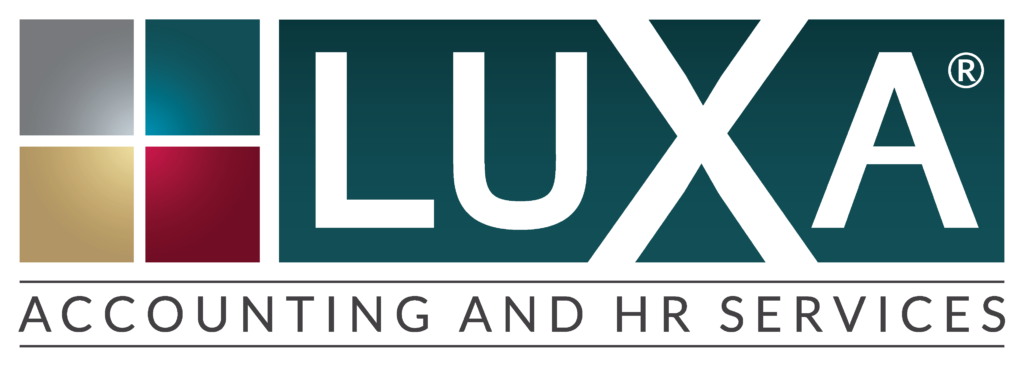
How to understand cash flow with basic accounting knowledge
Are you struggling to understand your cash flow? I run into many business owners that, by the way, express the same frustration. The last thing I want to do at the end of a busy day at the office is pull out a spreadsheet and go over my financials. Not only am I not proficient with numbers but the thought of reading through lines of financial data makes me feel inept and slightly irritated.
Am I alone in this picture?
According to Karen Berman and Joe Knight, in their book, “Financial Intelligence for Entrepreneurs”, many business owners may very well echo my sentiments. You might find these articles worth a read if you are interested in finding sound self-help advice:
- Best advice on how to set up ledger accounts
- Tulsa accounting advice you might find helpful
- How often should you reconcile your accounts?
Coming up with simple and easy to understand advice made it easier for me to grasp the concept. Sure, I get it. Low-cash in the bank is bad. But that is not the full-picture. Check these out:
1. Keep your books up-to-date
Always calculate your burn rate or negative cash flow. Your total cash reserves divided by the burn rate equals the number of months you can continue in business if no new revenue comes in. Starting a business with less than a year’s worth of cash in reserve to tide you over is usually a risky prospect. (about.com)
2. Looking past the net increase/decrease line
Knowing how you’re getting and spending your cash allows you to better gauge the quality of your earnings – that is, are they actually sustainable or aided by external factors? (Inc.com)
3. Maintain a Just-in-Time Inventory
If you sell or resell products, don’t keep more than a week’s worth of safety stock unless you can confidently guarantee high demand. (about.com)
4. Perform a Good Forecast
Quite often small and mid-sized businesses aren’t prepared for all the costs associated with growing quickly. More sales could mean more employees and a bigger inventory. That’s money going out upfront. But when will it come back?
A rolling 12-month forecast is the best practice for most companies. If you start mapping things out week by week, you’ll see where to expect surges in expenses ahead of your big sales season and where several payments might come due all at once. (Inc.com)
5. Segment Your Customers, Suppliers and Inventory
When looking at your inventory, you want to observe the volatility of sales. Do you have too much cash tied up in products that sell only sporadically? Would that money be better off used in your “bread and butter” items that turnover more quickly? (Inc.com)
Understanding cash flow management for small businesses is no easy task. We hope these bookkeeping tips were useful for you. If you are looking for more help on how to understand your cash flow, find a local accounting or outsourcing group like LUXA that offers financial advice.
LUXA Enterprises offers outsourced accounting services for small businesses in the Tulsa and surrounding areas. If you’re considering a short or long-term approach to outsource accounting, give us a call for more information at 918-928-7288.


